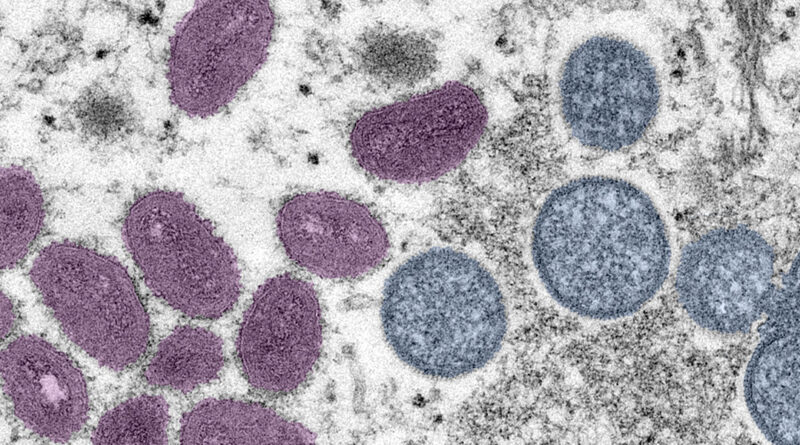Everything You Need To Know About Monkeypox
While we as a community are continuing to fight COVID-19, with fewer cases being documented than that of two years ago, a new outbreak is on the rise called “Monkeypox.”
What is Monkeypox?
Monkeypox is a rare, yet very contagious disease that can cause infection via monkeypox virus. The monkeypox virus is a part of the same family as variola virus, the same virus that can cause a person to catch Smallpox, a disease similar to Monkeypox yet far more common.
How does it spread?
Monkeypox, like most diseases, can spread most effectively through human contact. Whether it be coming in contact with a victim of the virus or touching an item that was in the possession of a victim, the virus is capable of spreading through the most minimal of contact.
What are the symptoms of Monkeypox?
According to the CDC, anyone with Monkeypox will begin to develop a rash near their genitalia, but a rash could be found festering in other places on their body such as their chest, hands, mouth, and face. Other symptoms may include, but aren’t limited to fevers, chills, exhaustion, headache, and respiratory symptoms such as sore throat or congestion. For more details on systems visit cdc.gov/poxvirus/monkeypox/symptoms more information will be provided by the CDC.
How many cases have there been?
As of August 2022, there have been 54,911 global document cases, with 20,733 (38%) of those cases being in the United States. As we get lower in numbers, there are about 554 confirmed cases of Monkeypox in Maryland. Fortunately however, there have been no confirmed deaths by monkeypox, proving that the virus is not life threatening.
Are there any vaccines for the virus/what is the CDC doing to fight the outbreak?
According to the CDC, the JYNNEOS vaccine has been approved, with its intention being to combat the Monkeypox and smallpox viruses. There is also word that an alternative vaccine, the ACAM2000, was approved for the same cause. Both vaccines are now currently available for those who wish to receive them. For more information on the vaccine visit https://www.cdc.gov/poxvirus/monkeypox/vaccine
What can be done to prevent Monkeypox?
Aside from receiving the vaccine, there are various simple ways for citizens to avoid Monkeypox. As previously stated, the disease spreads most effectively through skin-to-skin contact. The most efficient way to protect yourself from Monkeypox is to do the following:
- Avoid contact with anyone who have a rash that looks like it could be Monkeypox,
- Avoid contact with any objects that have been touched by someone with Monkeypox as it can then spread to you
- Wash your hands often and thoroughly to rid yourself of any germs that may increase your chances of catching the disease.




